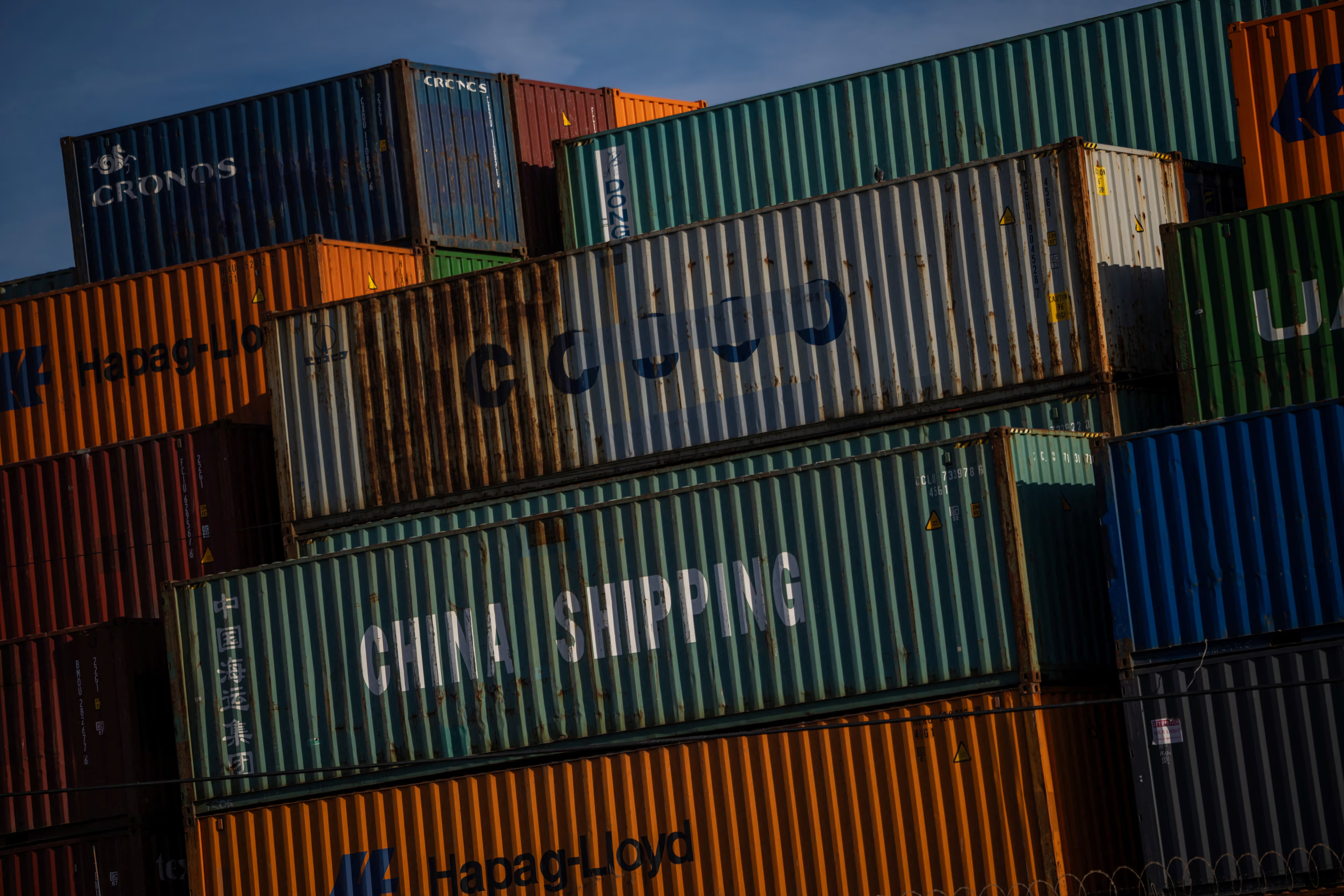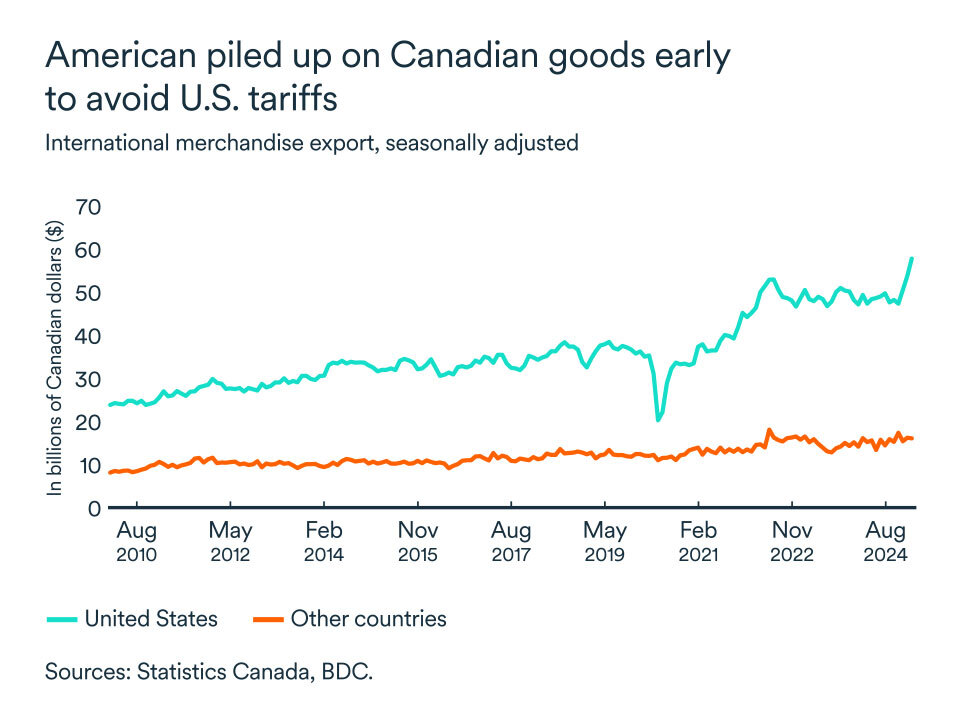Tariffs Hit Hard on Vulnerable Communities
President Trump"s latest tariff threats, including a staggering 50% on Brazilian imports and 35% on Canadian goods, represent more than just a trade tactic; they are a direct assault on working families across America. As reported by The New York Times, such policies will not just inflate prices but also exacerbate the already glaring wealth inequality that plagues our nation.
Market Reactions Are Not What They Seem
Despite Trump"s brazen approach, the stock market remains resilient, hitting record highs even amidst these tariff threats. According to Harvard Gazette, this phenomenon indicates a troubling complacency among investors. They seem to operate under the misguided assumption that Trump will ultimately back down, leading to what some analysts have dubbed the TACO trade: "Trump Always Chickens Out."

US ocean imports from China tumbled 28% in June on tariff ...
Working Families Will Bear the Brunt
While Wall Street celebrates these market highs, working-class Americans are left to grapple with the very real consequences of these tariffs. The additional costs of goods—ranging from food to everyday household items—will disproportionately impact low-income families. Research from BBC News outlines how tariffs often act as a regressive tax, hitting the poorest hardest while allowing the wealthy to weather the storm.
Inflation Risks Create Uncertainty
JPMorgan Chase CEO Jamie Dimon warned that the current market is underpricing the risks associated with Trump"s aggressive tariff policies. As noted in a recent analysis, if inflation rises due to these tariffs, the Federal Reserve may be compelled to raise interest rates, placing additional burdens on lower-income households. These are not just abstract economic policies; they have real-life implications for people struggling to make ends meet.

Monthly Economic Letter - March 2025 | BDC.ca
Time for Accountability and Reform
The current political landscape demands urgent accountability for these reckless economic decisions. Policymakers must recognize that tariffs are not a sustainable solution to trade deficits or international relations. As highlighted by Yale Insights, the arbitrary nature of these tariffs is undermining global trust and could lead to long-term economic instability.







![[Video] Gunfire between Iraqi security forces and Sadr militias in Baghdad](/_next/image?url=%2Fapi%2Fimage%2Fthumbnails%2Fthumbnail-1768343508874-4redb-thumbnail.jpg&w=3840&q=75)
